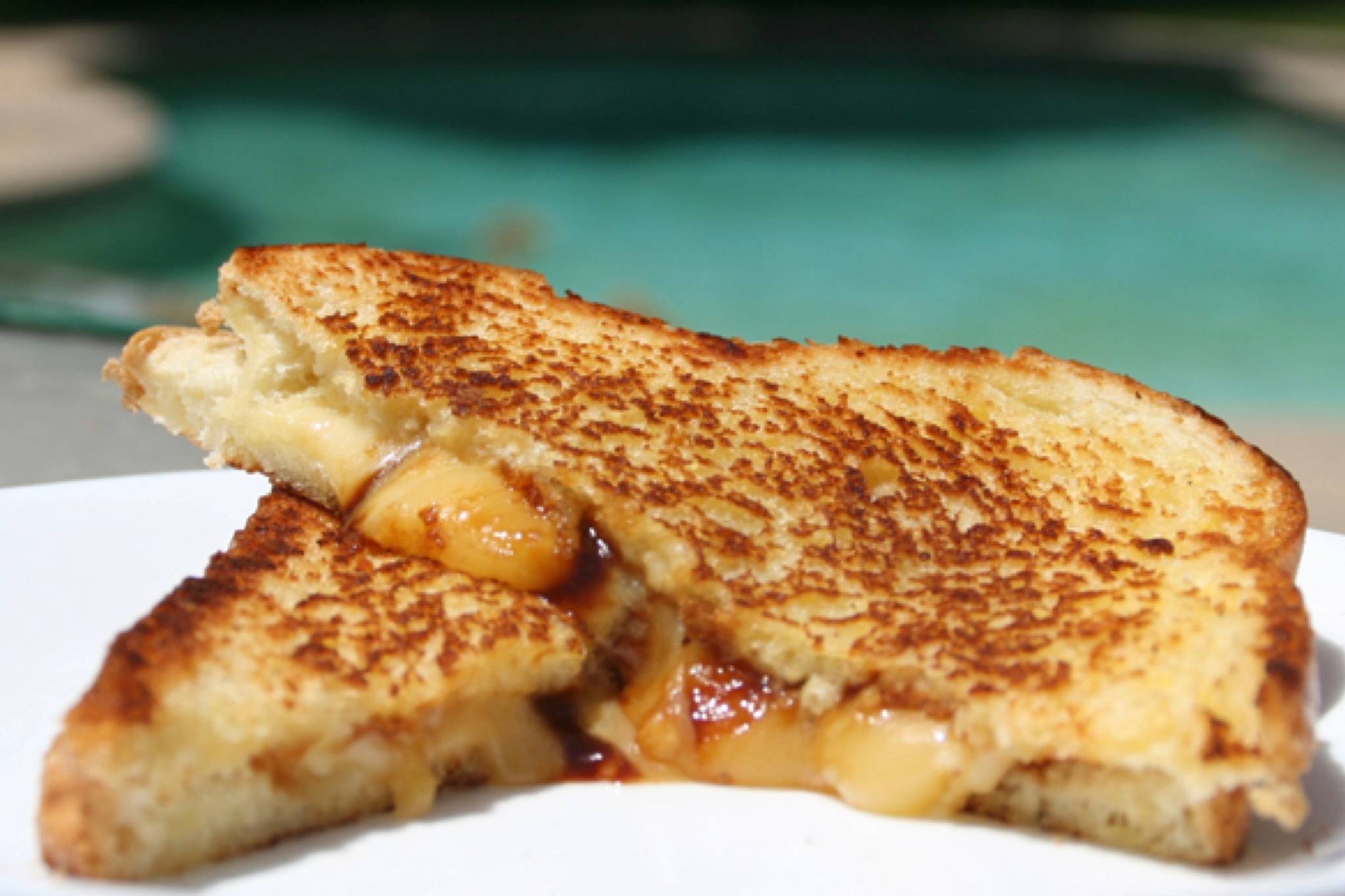English-language words such as hashtag, grilled-cheese, and parking are now acceptable in everyday French-language conversation in Quebec society, according to guidelines recently updated by the province’s language watchdog.
The changes were implemented in January, but the revised dictionary by the Office quebecois de la langue francaise only became widely known recently.
OQLF spokesman Jean-Pierre Le Blanc said Tuesday it’s the first time the watchdog’s guidelines have been changed since 2007.
“We’re always reviewing words to see if they’re acceptable or not,” Le Blanc said in an interview. “I’m sure it’s several dozen (words) that have been anglicized.”
Quebec’s language office is infamous across Canada for its strict application of the province’s language laws.
Every few months a story makes headlines across the country of some language inspector fretting over English-language signage.
The OQLF caused an international stir in 2013 when an inspector warned a popular restaurant in Montreal over its use of the Italian word, “pasta,” on menus, as opposed to the French word, “pates.”
But the OQLF, through its website, also offers Quebecers linguistic tools and other resources on how best to use the French-language.
I must confess, I wasn't aware the Québécois called softball "balle-molle" but now I'm rather sad they've dropped the appelation. pic.twitter.com/ZrERu9sfJ4
— Evan O'Connell (@evanoconnell) September 18, 2017
The recent changes were made by a five-member linguistics committee composed of francophones who reviewed research done by the provincial agency.
In some cases, using both the English or the French equivalent of words got the committee’s seal of approval.
For example, the English word, “parking,” may now be used in French, as can its proper French-language equivalent, “stationnement.”
Under the language bureau’s policy, words are reviewed based on a long list of detailed criteria, which include their general usage in Quebec.
Le Blanc said words from other languages have also crept into daily French usage, such as cafe latte, gelato and trattoria.
Benoit Melancon, professor of French literature at Universite de Montreal, said he understands why some Quebecers might be more worried about the use of English words — known as anglicisms — than people in France.
“The French are more comfortable using anglicisms because their language isn’t threatened in any way,” he said in an interview. “But here, because of demographic reasons, we feel more threatened.
“We’re surrounded by anglophones so it’s normal to think that we should protect French more than in other places from words coming from different places.”
He noted that in France, they use the word “footing” instead of jogging.
“Footing doesn’t exist in English, but it’s used as an English word,” Melancon said.
Melancon gave the provincial language agency top marks for having a “realistic” policy which also encourages the use of French words.
“It’s not worth going to war over “grilled-cheese” because it’s common usage,” he added.
Some examples of English and French words that are both considered acceptable:
Cocktail or Coquetel
Parking or Stationnement
Grilled-cheese or Sandwich au fromage fondant
Hashtag or Mot-clic
Source: Le grand dictionnaire terminologique
Peter Rakobowchuk, The Canadian Press



